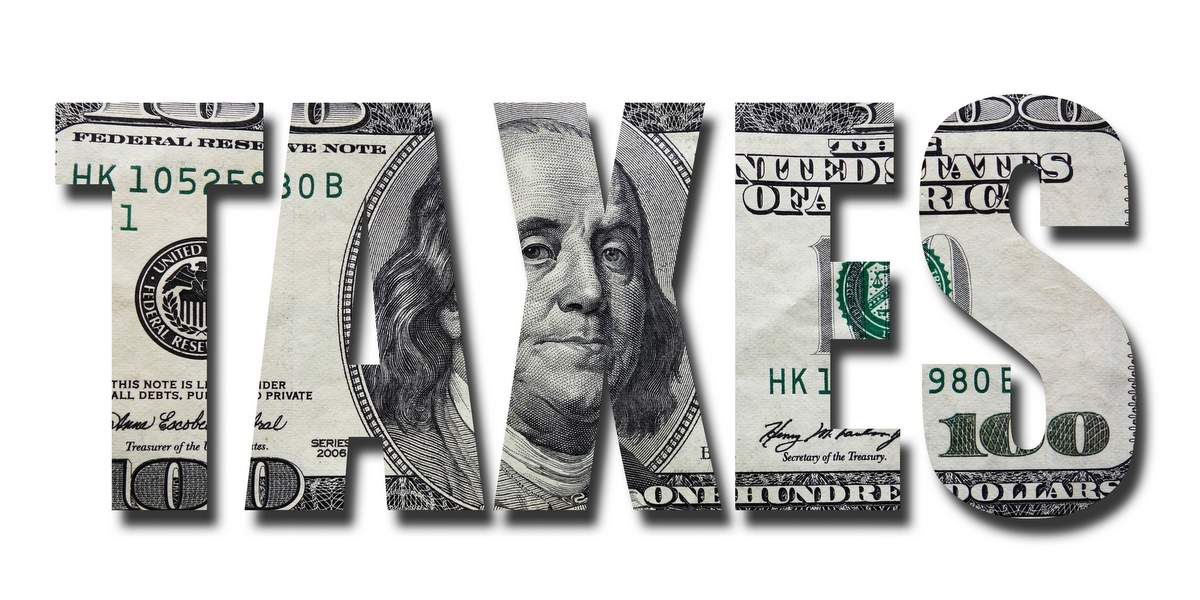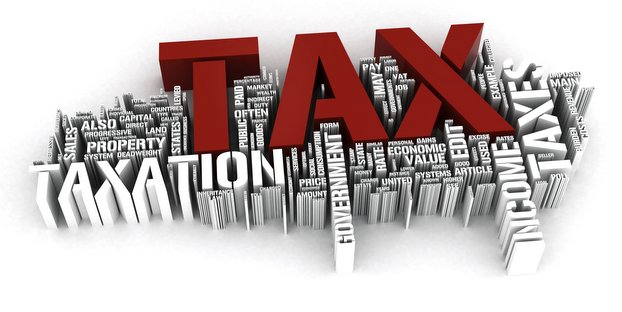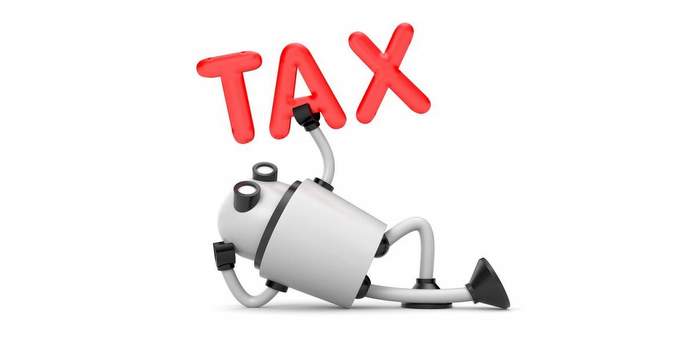
Nine times out of 10, accelerating tax deductions is going to be beneficial to a taxpayer. Saving tax, preserving cash and accurately timing deductions with cash outflow are the end-goals of tax planning. Prepaying eligible expenses, specifically, is an efficient way of accomplishing these goals.
Since I am a firm believer in bad news first, what is the bad news? Your brewery might not be taking full advantage of this tax planning strategy. The good news is it costs little to nothing to implement this tax-savings strategy.
The basics: cash vs. accrual method breweries
The two most common accounting methods for recognizing income and expenses are the cash method and the accrual method. If your brewery is on the cash method of accounting, income and expenses are recognized when payment is remitted or received.
For example; Brewery XYZ solicits services from Company ABC. Under the cash method of accounting, Brewery XYZ will deduct the expense when they pay Company ABC for their services. While the cash method is generally allowable for “small” breweries under the new Tax Cuts and Jobs Act, it is usually disadvantageous for a brewery to be a cash method taxpayer because the company’s payables are usually higher than their receivables.
Why does that matter? Under the cash method, the company cannot deduct the expenses in accounts payable until they are actually paid, which could be difficult based on cash resources.
Accrual method breweries report income and expenses not when the money is exchanged, but rather when the goods and/or services are provided. Following the example above, if Brewery XYZ was on the accrual method, they would be entitled to the deduction when Company ABC performed the work, not when XYZ cut the check.
General treatment of prepaid expenses: cash and accrual method breweries
Now that we have the basic understanding of the cash vs. accrual method of accounting under our belt, let’s review prepaid expenses and how they are treated by both methods. Under the cash method of accounting, prepaid expenses, no matter whether they are for goods or services, are deductible when paid. Under the accrual method of accounting, we have to look at a fundamental accounting principle called the “matching” principle.
The matching principle requires taxpayers to “match” the deduction of the expense with the benefit it provides. Following our prior example, Brewery XYZ paid Company XYZ, an insurance provider, in November of 2019 for a 12-month workers compensation policy ending October 2020. Because part of the benefit of that 12-month policy falls into the 2020 tax year, the matching principle requires Brewery XYZ to expense two months of the policy (November and December), but capitalize the remaining 10 months of coverage as a “prepaid asset,” which will be deducted ratably until October 2020.
Exceptions to the general rule: the 12-month rule
While a good CPA knows the rules, a great CPA knows the exceptions. In the case of accrual method breweries prepaying expenses, Internal Revenue Code §1.263(a)-4(f) contains the desired exception. The regulation permits taxpayers to expense, not capitalize, any prepayment in which the benefit does not exceed the earlier of 12 months or the end of the taxable year following the taxable year in which the payment is made. This rule is commonly referred to as the “12-month rule.”
To relate this exception to our previous insurance example, Brewery XYZ, even as an accrual basis brewery, would be able to deduct the full amount of the insurance coverage since it does not extend past the earlier of (1) 12 months after the first date which the brewery realizes the benefit (November 1, 2020) or (2) the end of the tax year following the year the payment is made (December 31, 2020).
Determining the eligibility of the deductions: the economic performance test

While the exception seems straightforward, §1.263(a)-4(f) stresses the 12-month rule does not unseat the “economic performance” rule. The economic performance concept is key in determining when accrued liabilities are eligible to be expensed, but it also governs when a prepaid asset can be expensed.
Economic performance, simply, is when an underlying asset or liability is truly incurred or satisfied, which is dependent upon the nature of the expense. For instance, economic performance of rent expense is treated as incurred ratably as the taxpayer has use of the property; interest expense is incurred ratably as the taxpayer has use of the borrowed funds, etc.
Let’s modify our example: in November of 2019, Brewery XYZ paid Company ABC, their landlord, for a 12-month lease on their current space ending October 2020. The benefit of the rent prepayment meets the 12-month rule, but because 11 of the 12 months of the rental term fall into future periods, the rent economic performance event has not been met and Brewery XYZ is only eligible to deduct the expense related to November 2019.
In short, the 12-month rule will not substantiate deductions for prepaid rent or prepaid interest, but items like workers compensation insurance, general liability insurance, real estate taxes, professional dues and subscriptions and others are eligible.
Making the changes on your tax return
Fortunately for new breweries, this accounting method can be adopted with an initial income tax return without submitting any additional support. For existing breweries that have not previously deducted prepaid expenses under the 12-month rule, they must apply for the change using Form 3115 — Application for Change in Accounting Method. Luckily, this accounting method change is “automatic,” meaning the application does not have to be approved by the IRS and is not required to be filed by the end of the year, but rather it can be attached to the brewery’s tax return when filed.
In the year of the change, there will be two deductions related to the new accounting method change. The first deduction is called a 481(a) adjustment. The IRS requires the taxpayer to record this deduction essentially pretending as if the method was used all along. This will result in a one-time deduction for all of the previously capitalized prepaid expenses that are now deductible under the new accounting method.
The second deduction will be the cumulative increase or decrease of prepaid expenses between the beginning and end of the tax year. Please note: If prepaid expenses at year-end are lower than they were at the beginning of the taxable year, the brewery will pick up income in the amount of the change, not a deduction. This makes it imperative for breweries to review their balance sheet before year-end to identify additional opportunities to prepay expenses.
Tim O’Neill, CPA, is a tax supervisor and leader of food and beverage industry services at Mueller Prost CPAs + Business Advisors in St. Louis.





Leave a Reply
You must be logged in to post a comment.